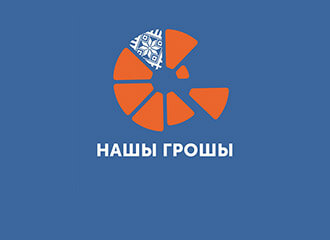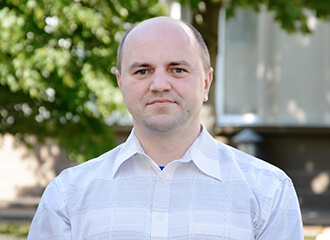На русском языке:
Мнение. Тихановской устроили «смотрины» перед диалогом в Кремле?
На беларускай мове:
Меркаванне. Ціханоўскай зладзілі «агледзіны» перад дыялогам у Крамлі?
Yesterday, Alexei Venediktov, the editor-in-chief of Echo of Moscow, interviewed Sviatlana Tsikhanouskaya. Echo of Moscow is considered a relatively independent media, but Venediktov from time to time notes his relationship with the Kremlin, and mentioned it in the interview with Tsikhanouskaya too. Piotr Kuzniatsou, the founder of the Gomel publication Silniye Novosti published a reflection on this topic in his Telegram channel.
Here’s his post unchanged:
In the morning, I have carefully read Tsikhanouskaya’s interview on Echo. A few points, as they say, notes in the margins, from which, nevertheless, you can make a couple of not very far-reaching conclusions.
Quite expectedly, the interview is seen not as a purely media event, but more as a political case. Venediktov, firstly, directly says that Tsikhanouskaya’s statements will be read by people to whom she may be addressing. Secondly, he asks a number of very fundamental questions, while stressing that he is talking to her as the leader of the democratic forces as a whole. That is, the answers to these questions and their interpretations imply some general impression. Thirdly, he speaks to her from the position of not abstract reflections, but very concretely and pragmatically, repeatedly emphasizing moments of Interest of Russia. That is, he puts it in the frame: «Russia is like this, nothing will change in us from your desires, and what are you going to do with all of it?»
And I would say that, despite the announced «popular» nature of the interview, such as «ask questions» and statements that the conversation will be for the Russian wide audience, the nature of some of the topics raised is very far from the interests of the average person.
At some points, it seems that Venediktov is trying to troll Tsikhanouskaya, or at least put her in an unfavorable light, as, for example, in the topic of calls for sanctions. In fact, that’s not entirely true. The editor-in-chief of «Echo» is a real media wolf and a fox in one person. If he had the task of putting her in an unfavorable light, it would have been solved without problems. In fact, he conducts the conversation in such a way that, asking sharp questions, gives her plenty of opportunities to come out of them with her head held high.
And as a separate point in connection with the latter, I note that Tsikhanouskaya could be very clearly and sharply chopped as a politician with one banal and perilous question «Whose is Crimea?». Because the answer «Ukrainian» would automatically close for her the Russian vector of politics (already not very open, but in theory, still possible), and the answer «Russian» would be a strong blow to the image of a principled democratic politician. Avoiding the answer would be the worst decision on all sides. However, such a question was not raised. And that can say a lot.
I would also like to say a few words about the behavior and answers of Tsikhanouskaya.
I can’t see anything wrong there. In response to the framework «Russia is like this and the Kremlin is like this», she builds her own fundamental framework: «There are interests of Belarus». At the same time, she pronounces an important strategic point: «We are not going anywhere from each other.» She manages to cut off all possible suspicions of Russophobia, convincingly referring to the mood of the Belarusian society, which may not be very pro-Russian somewhere, but they are definitely not anti-Russian. And against this background, her main message sounds convincing, which was both spoken and accepted by both sides in the interview (this is important, because the conversation was not in the format of interrogation or questioning, but rather in the format of an exchange of thoughts): despite the fact that there is no Russophobia in Belarus, we will not go anywhere from each other, both sides have interests – cooperation will still win, because the current format is not an option at all. It contradicts both the interests of the Belarusian people and the interests of Russia, since any agreements adopted by Belarusians won’t be adopted in the future.
Short summary. If you really attribute the interview to the genre of «media diplomacy», then it is a clear plus for supporters of change. They didn’t try to destroy Tsikhanouskaya, Tsikhanouskaya was outlined the recipients of her message, a number of strategic and fundamental questions was put to Tsikhanouskaya.
Tsikhanouskaya was at the proper level and managed to reach a fairly compromise of rhetoric for both sides.
In a minimalist scenario, it was just a signal to the official Minsk, but even if so, it was a very weighty signal. In an optimistic scenario, interviews can even be considered as preliminary «frank exchange» of the potential side of the dialogue.
So, as you can see, the processes are on track anyway.


